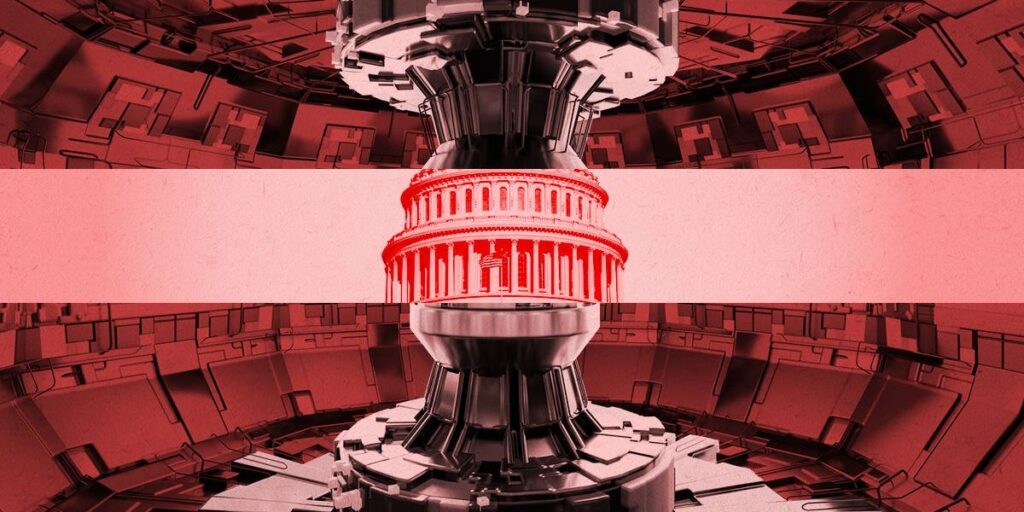The House recently passed a Senate-backed budget settlement bill that maintains tax credit eligibility for “advanced nuclear facilities” beginning construction by 2029. However, this does not extend to nuclear fusion technology, which is classified differently and not defined as “advanced nuclear facilities” by Congress and the IRS. Fusion, touted as a cleaner alternative, does not produce the same radioactive waste as nuclear fission and is subject to different regulatory standards established by the Nuclear Regulation Authority.
Despite bipartisan support for fusion energy, the strict timeline of the tax credits poses challenges for fusion startups, as they would need to start construction quickly to qualify. Industry leaders express concern that many fusion companies may miss out on these incentives. The exclusion of fusion from the tax credit eligibility might have been an oversight rather than a deliberate decision, as suggested by some industry stakeholders.
While fusion energy has potential, skepticism remains regarding its commercial viability and support within broader energy policies. The future of fusion technology depends on regulatory support and a potential shift in how it is subsidized beyond just alleviating constraints.
Source link


